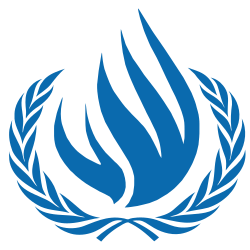 Image via Wikipedia
Image via WikipediaThe EU-India draft FTA, as it stands, places trade interests over human rights,. If the intellectual property provisions remain in the FTA as drafted, the production of generic medicines in India will be severely hampered.
As a result, millions of people in India and around the world may not be able to access to necessary, life-saving and life-prolonging medicines. Restriction of generic drug production in India will have a devastating public health impact around the world and adversely affect the right to health of millions of patients. Though this agreement has taken shape over the course of many years, the process has suffered from lack of transparency and lack of consultation and participation. At no point has either party voluntarily opened negotiations to the public, or made available official draft texts for comment.
People living with HIV would be disproportionately affected, because the majority of antiretroviral treatments used to treat HIV around the world are provided through generic medicines produced in India. Among the provisions which jeopardise medication supplies, data exclusivity provisions in the draft FTA are particularly concerning. The introduction of data exclusivity has been shown to delay and restrict market entry of generic medicines and, as a result, increase prices and reduce access to medicines.
The millions in the developing world depend on India for generic medicines at affordable costs. FTA ignores the rights to information and to participation in the conduct of public affairs, which are essential dimensions of the right to health, as well as self-standing rights. The available leaked texts of the European Union-India draft FTA contain provisions to protect and enforce intellectual property, which are beyond countries' obligations under TRIPS..
